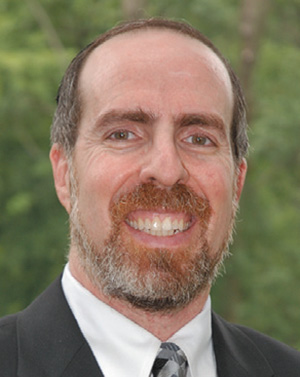
There is no shortage of books nowadays that grapple with the tensions between contemporary science and Bereishit Perek 1. From the conservative views of Rav Meiselman, to the liberal views of Rav Slifkin to the views of Orthodox scientists such as Dr. Nathan Aviezer and Dr. Gerald Schroeder who seek to harmonize Bereishit with science, a wide range of opinions exist.
Whichever approach is preferred, the Rambam’s teachings in his Moreh Nevuchim/Guide to the Perplexed (Section 2 Chapter 25) are critical. Rambam grapples with the challenge of his time—the predominant view of educated individuals of his time—Aristotle’s firm assertion that the world is eternal and did not have a beginning. This worldview held dominant sway in the world of scholars from antiquity until 1965. Dr. Gerald Schroeder reminisces that prior to 1965 at the Massachusetts Institute of Technology (where he earned two doctorates), denial of the world’s eternity would make one an intellectual outcast.
Rambam demonstrates that while Aristotle makes cogent arguments for his assertion, they are not irrefutable arguments. In other words, Aristotle might be correct but he may be wrong. Rambam maintains an open mind regarding this matter. He goes as far to say that if conclusive evidence were to be brought proving the world’s eternity, he would reinterpret Bereishit Perek 1 in light of such irrefutable evidence. In the absence of such rock-solid evidence, we continue to understand Bereishit Perek 1 literally.
The lessons imparted in this chapter from the Guide are manifold. Rambam maintains a healthy respect for contemporary wisdom on the one hand, but on the other does not compromise on his allegiance to Torah as the revealed word of Hashem. Moreover, Rambam teaches that at the end of the day, Torah and science fundamentally cannot be at odds. If there is a conflict, it is either because our understanding of science is incorrect or our understanding of Torah is lacking.
The critical lesson, though, that emerges from the Rambam is humility and broadmindedness. Rambam is willing to concede that he does not have all the answers, and the resolution of the issue may emerge long after he has departed from this world. Of course, Rambam’s cautious approach was vindicated in 1965 with the discovery of evidence of the Big Bang. Scientists now reject the idea of the eternality of our universe and embrace the idea of Creation. Aristotle and his centuries of followers were at long last proven by science to be in error and the Torah proven correct.
Other tensions between Torah and science remain. Disparities regarding the age of the universe, the fossil record and the order of Creation and the ascent of the human being remain. It is worthwhile to familiarize ourselves with each of the disparate views cited at the beginning of our essay. At the end of the day, we embrace the Rambam’s approach to conflicts between our holy Torah and outside wisdom. While we maintain a healthy respect for science, reverence is reserved for our beloved and Divinely revealed Torah.
The Rambam’s example of patience and humility remains the order of the day in regard to such conflicts. It is enlightening to read how the great minds of our day grapple with conflicts between Torah and science. We remain patient and humble, though, recognizing the limitations of our time and the strong possibility that much more insight will be available as time moves along.
By Rabbi Haim Jachter
Rabbi Haim Jachter is the spiritual leader of Congregation Shaarei Orah, the Sephardic Congregation of Teaneck.










